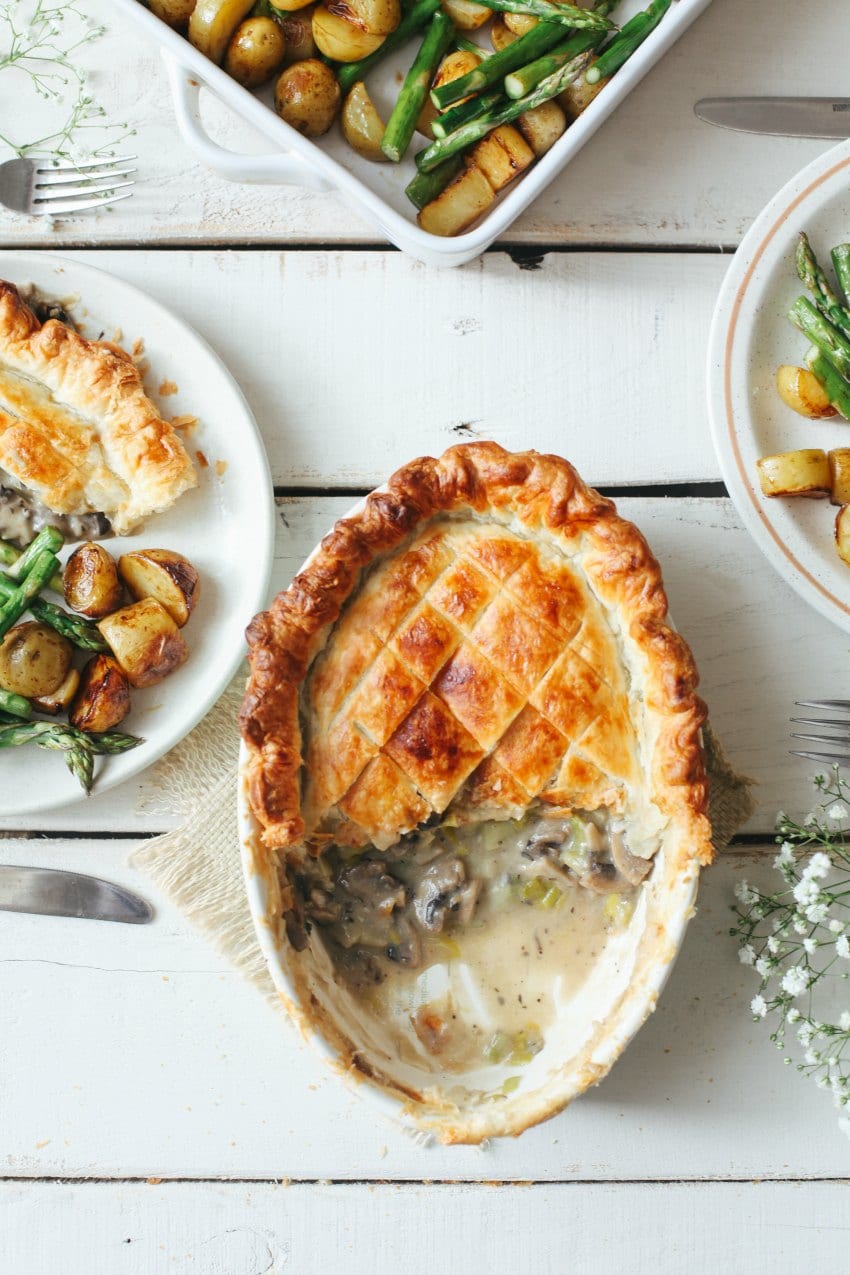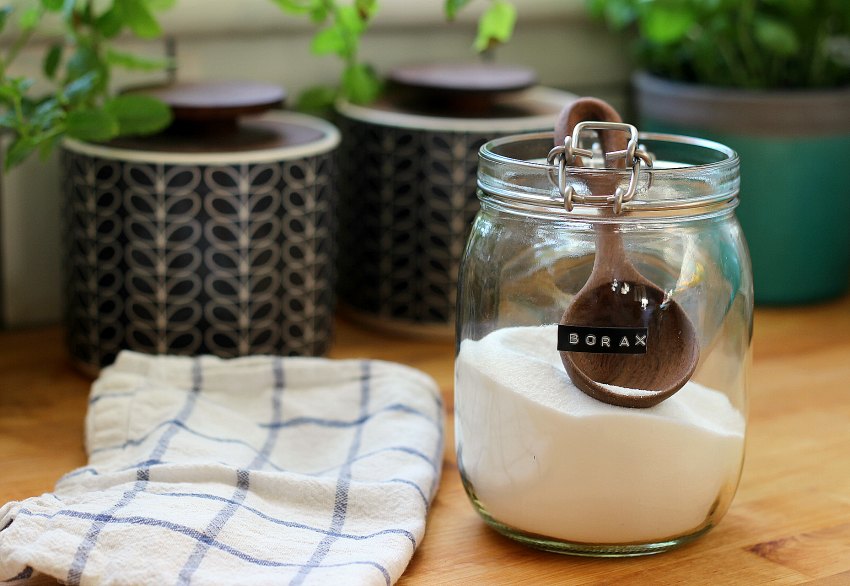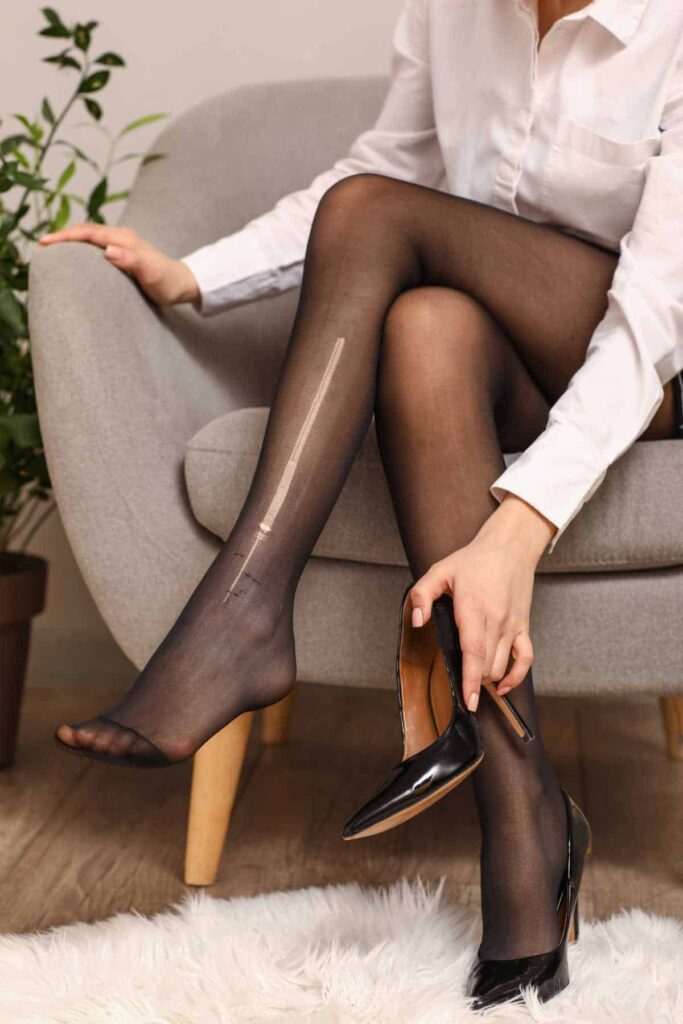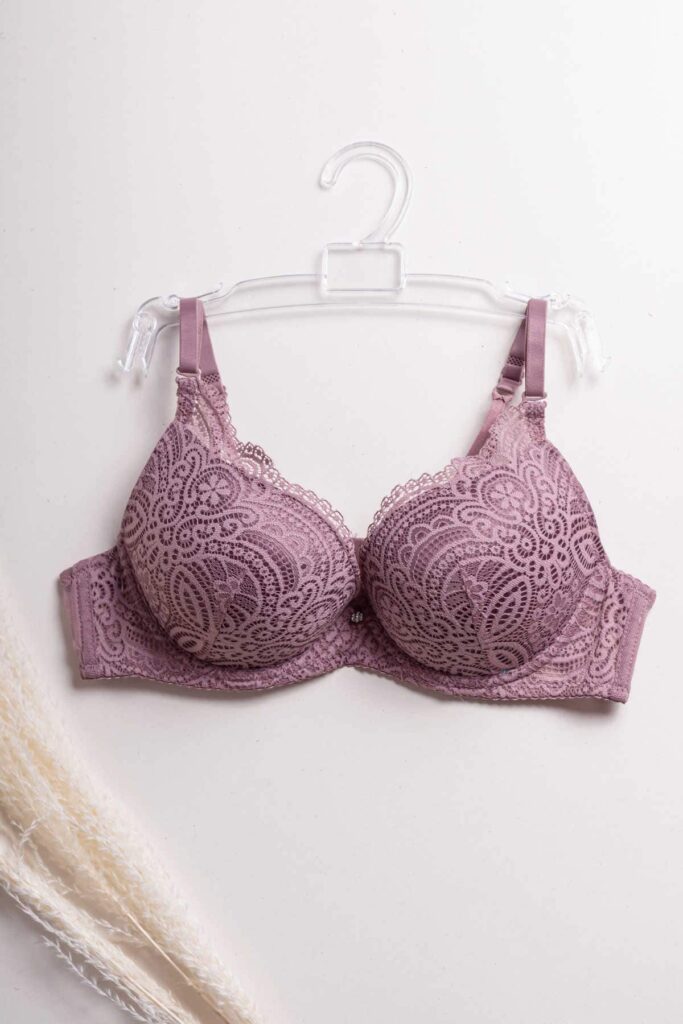How To Have An Eco-Friendly Easter
To support the running costs of Moral Fibres, this post may contain affiliate links. This means Moral Fibres may earn a small commission, at no extra cost to readers, on items purchased through these links.
Looking to have an eco-friendly Easter but not sure where to start? I’ve got eight great sustainable ideas to get you started.
If you’re after simple yet impactful ways to make your Easter celebration more sustainable, then I’m here to help. From eco-conscious gift-giving and waste-reduction strategies to ideas to make your Easter lunch more sustainable, I’ve got everything you need to know. This can help you have a green Easter that’s both enjoyable and environmentally responsible.
8 Cracking Sustainable Easter Ideas

Ready to make your celebrations greener? Use the quick links below to jump to a specific section, or keep scrolling for the full post:
- Opt For Ethical Easter Eggs
- Decorate Sustainably
- Make Your Own Easter Cards
- Opt For Eco-Friendly Eggs For Your Easter Egg Hunt
- Add Some Vegan Options To Your Easter Lunch
- Learn To Recycle Your Foil Properly
- Recycle Any Soft Plastics
- Reduce Your Food Waste
1. Opt For Ethical Easter Eggs
If Easter just wouldn’t be Easter without a chocolate egg, then there’s no need to fall at the first hurdle. Thanks to public pressure, many brands and supermarkets – including Aldi and The Co-op – have removed all plastic packing from their Easter Eggs. This means it’s never been easier to buy plastic-free Easter eggs.
If you want to go further, look for brands offering Fairtrade and/or vegan chocolate eggs. Check out my guide to sustainable Easter eggs for the eggs that are truly egg-scellent!
2. Decorate Sustainably
If you like to decorate your home for Easter, then this year, instead of disposable decorations, try opting for in-season flowers, plants and sustainably sourced branches to make a green centrepiece.
Alternatively, try making or investing in reusable items, such as fabric bunting, that can be enjoyed year after year. Or, if you’re feeling crafty, try making your own decorations using recycled materials or natural elements like twigs, flowers, and leaves.
3. Make Your Own Easter Cards

If you like to send Easter cards, then you could go green by making your own eco-friendly cards. Use recycled paper or card, and get creative with natural materials like dried flowers or leaves, or items from your recycling.
Looking for inspiration? Kate Bamber from My Plastic Free Home has a lovely idea for making bunny cards from egg boxes. I also found this great recycled card idea on Pinterest that would be fun to try.
4. Opt For Eco-Friendly Eggs For Your Easter Egg Hunt
If you’re planning on hosting an Easter egg hunt this year, then there are heaps of alternatives to plastic eggs. My kids love hunting for foil-wrapped chocolate eggs (see below for tips on recycling the foil correctly), but you could make your hunt even lower impact by using wooden or paper eggs.
Heaps of shops sell cardboard or plastic Easter baskets. You could encourage participants to bring their own reusable baskets or bags for a more sustainable alternative. Or you could encourage everyone to bring a pillowcase, to avoid any single-use baskets.
5. Add Some Vegan Options To Your Easter Lunch

Eating less meat and dairy has been identified as one of the most impactful ways individuals can help the environment. While you don’t have to take all meat and dairy off your Easter lunch menu, adding some vegan options is a great start.
Not sure where to begin? Check out some of these vegan Easter lunch ideas – from starters to mains, sides and desserts – for some plant-based inspiration. You’ll find the recipe for this delicious vegan mushroom and leek pie there – which is on my menu this year!
6. Learn To Recycle Your Foil Properly
Easter eggs are often wrapped in foil. Whilst tin foil is easily recyclable, many of us don’t know how to recycle tin foil properly.
To help ensure your old foil can be recycled, first ensure the foil is clean and free of any food residue. Next, roll any loose pieces of foil into a tennis ball size. That way recycling centres can recycle the small bits of foil that normally get lost in the recycling process, or can’t be collected by the machinery.
7. Recycle Any Soft Plastic
At Easter, it can be hard to avoid soft plastics from chocolate wrappers and other types of food packaging. The good news is that these materials don’t have to go straight into your waste bin. Over 4000 supermarkets across the UK now accept soft plastics for recycling.
Try to make sure the wrappers are as food-free and as clean as possible, and then use RecycleNow’s Recycling Locator to find your nearest recycling point. This can help divert these plastics from landfill.
8. Reduce Your Food Waste
Food waste is always an issue when it comes to family celebration meals, such as Easter. Research by Tesco and environmental charity Hubbub found that a whopping £58.4 million worth of food is wasted in British households at Easter each year. This includes an estimated 6.8 million hot cross buns, 19 million leftover potatoes and 20 million leftover portions of vegetables.
Yet as well as being bad for our pockets, food waste is linked to climate change – with around 8% of all global greenhouse gas emissions caused by food that isn’t eaten.
To help save money and cut food waste, plan your meals thoughtfully to avoid overbuying, and use up leftover Easter trimmings for another meal.
If you can’t face using up the leftovers, you can freeze certain foods. Cooked potato – whether it’s mashed, roasted or boiled – for example, can be frozen and stored for up to three months! Check out my guide to the foods you didn’t know you can freeze for more top tips.
Composting any food scraps is another eco-friendly way to reduce your environmental impact this Easter. Here’s what you can put in your compost bin to help keep you right.
Got any more top tips? Do share in the comments below!
Found this post useful? Please consider buying me a virtual coffee to help support the site’s running costs.




